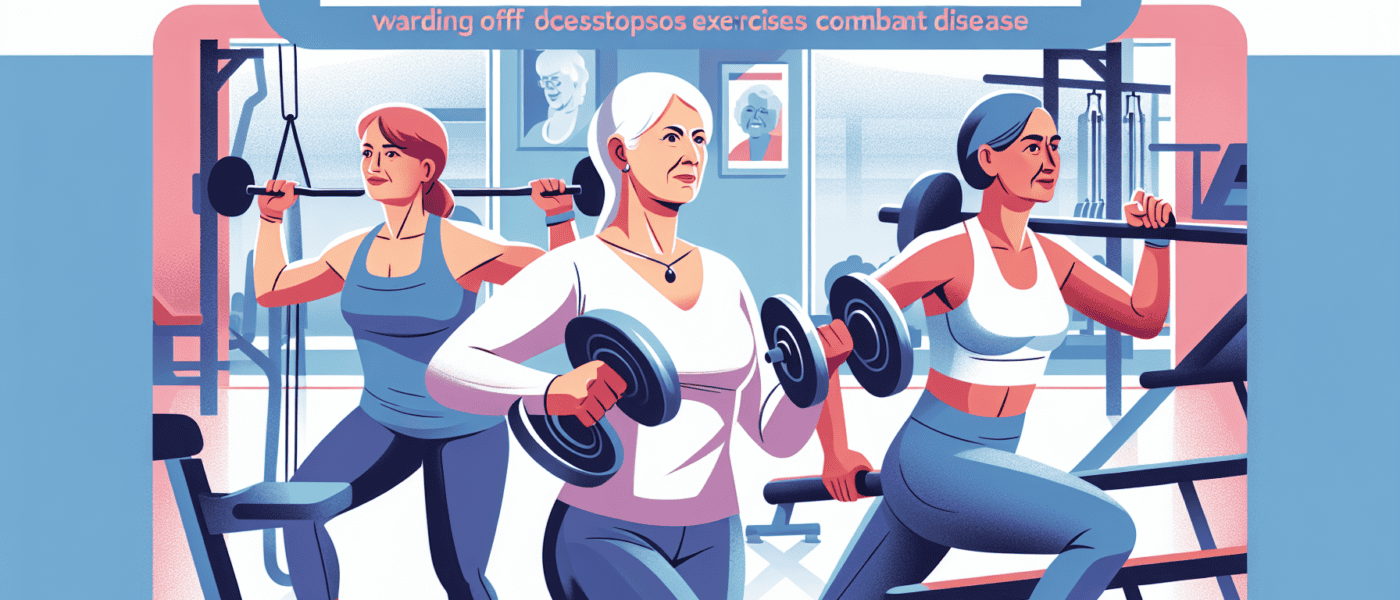The Importance of Strength Training to Combat Dementia, Osteoporosis, and Cognitive Decline in Women Over 50
The Importance of Strength Training for Women Over 50
Reducing Dementia Risk and Maintaining Body Composition
Strength training is crucial for women over 50, particularly during menopause when estrogen levels decline, increasing the risk of dementia. By engaging in high-intensity resistance training (HIRT), women can significantly reduce this risk. Menopause often leads to unwanted changes in body composition, such as weight gain and a loss of endurance and strength. Regular strength training helps women in this age group combat these changes, maintaining a more favorable body composition and overall better health.
High-intensity workouts not only bolster cardiovascular health but are also highly efficient in burning calories. Women over 50 can greatly benefit from incorporating exercises like deadlifts, squats, and lunges into their fitness routines. These exercises are fundamental in building power and strength, which are essential for maintaining independence and cognitive function as one ages. Thus, resistance training is not only a way to stay physically strong but also mentally sharper.
Boosting Cardiovascular Health and Bone Density
Consistent strength training can lead to improvements in cardiovascular health by boosting resting energy expenditure and enhancing fat-burning metabolism. This combination makes strength training a vital part of a menopausal woman’s fitness program. Additionally, it plays a crucial role in maintaining or even increasing bone density, which is particularly important as the risk of osteoporosis rises with age.
One of the lesser-known benefits of strength training is its potential to enhance cognitive function. This type of exercise stimulates the release of irisin, a hormone that contributes to improved brain structure and function. Therefore, by engaging in resistance training, women can potentially slow down cognitive decline and improve overall brain health.
A balanced exercise regimen that includes both aerobic and strength training exercises can provide compounded benefits. Studies have shown that such a combination can lead to better cognitive performance and overall brain health in older adults. This multifaceted approach ensures that physical activity promotes not just physical health but also mental well-being.
Physical activity during midlife years is vital for building and maintaining brain health. Even moderate activities, such as taking fewer than 4,000 steps a day, can have a positive impact on brain health and overall wellness. Therefore, making an effort to remain active during these years is crucial for reducing age-related atrophy of grey matter and maintaining a healthy, functioning brain.
